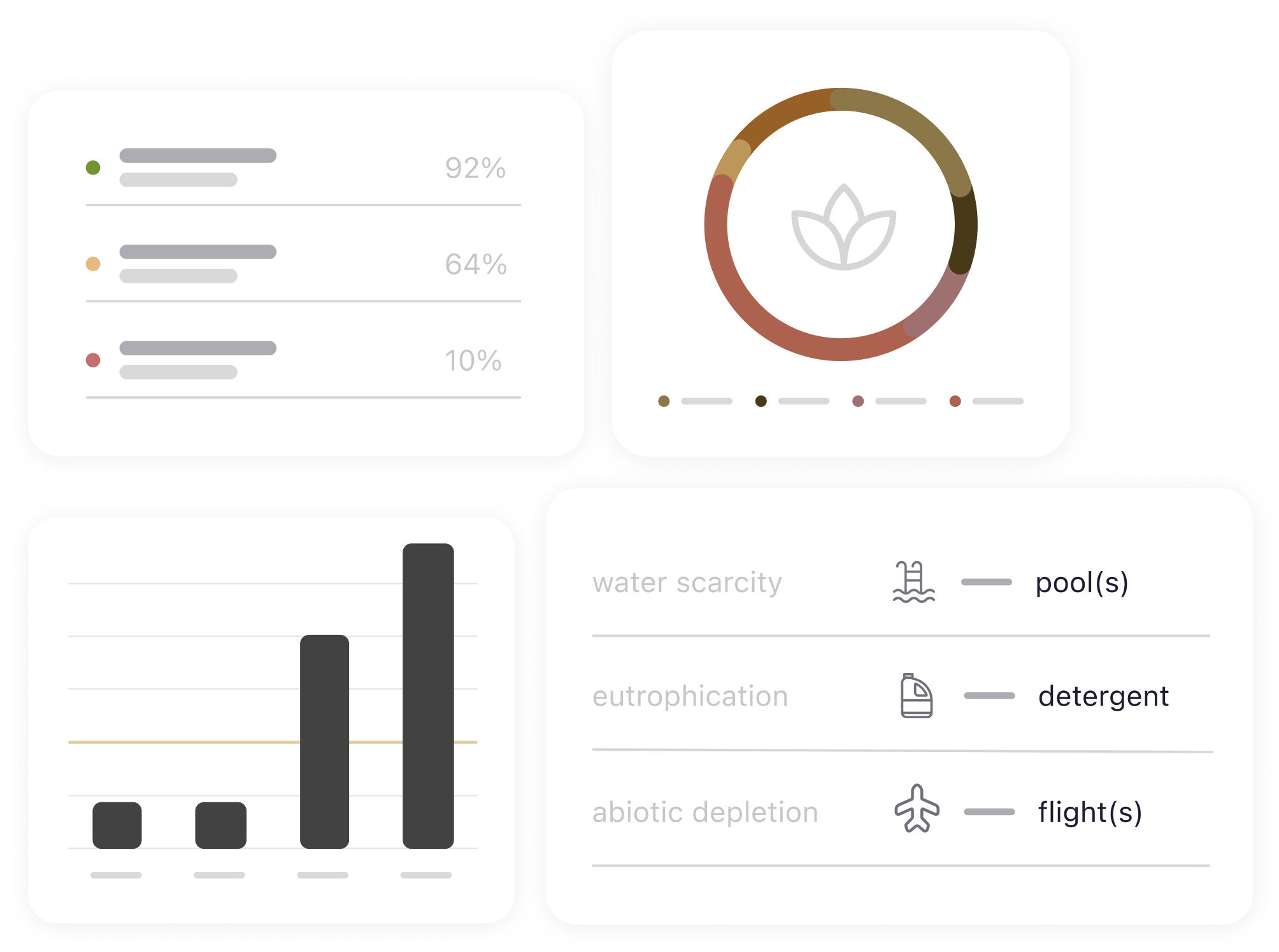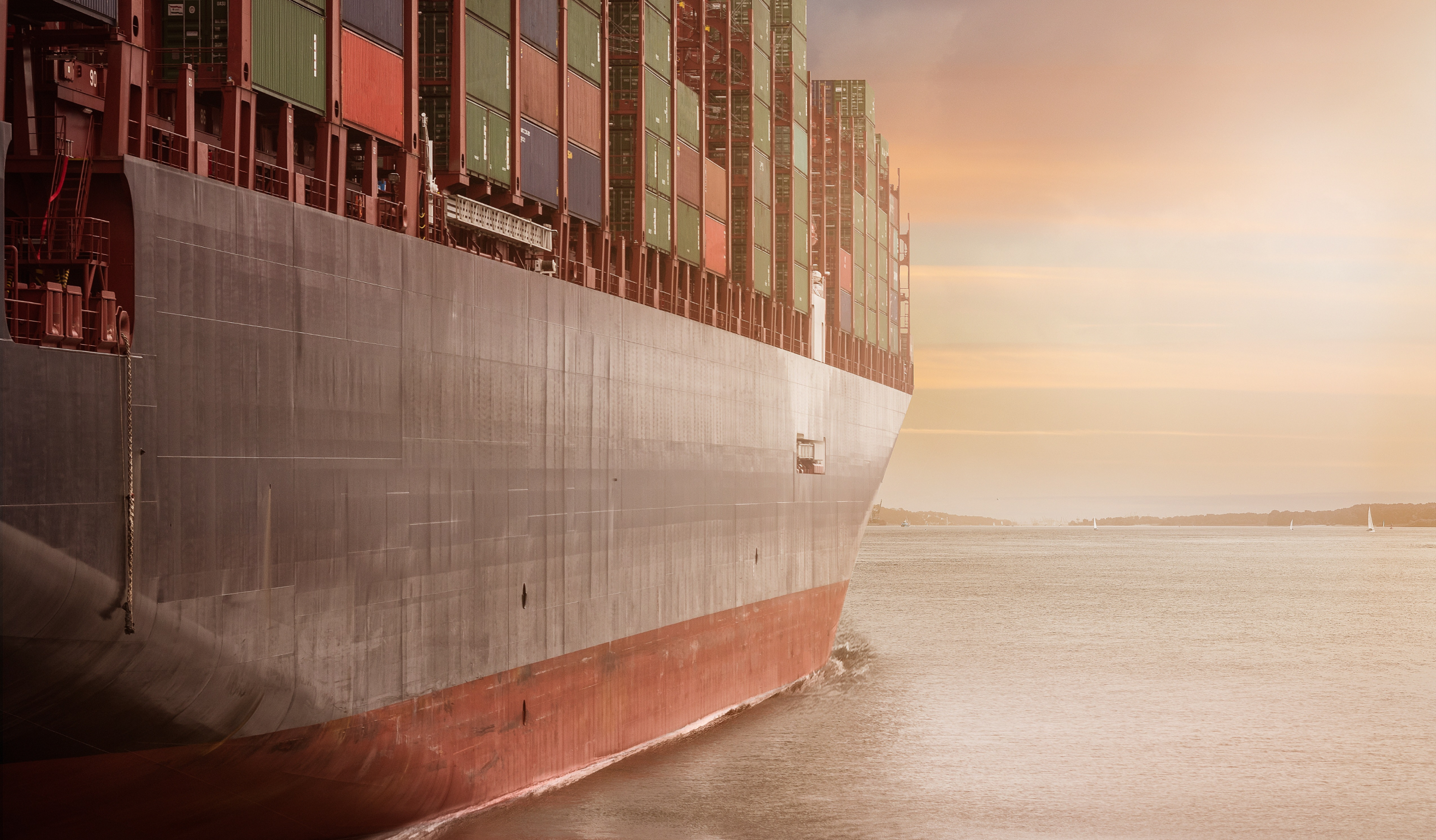Fashion and climate change are intrinsically linked, generating a constant feedback loop. The excessiveness with which the textile sector has operated in recent decades is one of the major contributors to climate change. Simultaneously, the devastating natural catastrophes resulting from climate change directly impact the fashion supply chain, causing disruptions that hinder the industry’s work and result in significant economic losses. It is a toxic loop that those responsible for the fashion industry must put an end to as soon as possible. Learn how to manage climate-caused supply disruptions through a Sustainability Platform.
The natural disasters that have taken place due to climate change affect the supply chain, causing disruptions that entail large economic losses
Those who denied the gravity of climate change had no choice but to acknowledge the seriousness of the situation in the face of the catastrophic natural events that occurred during 2023. Historic droughts affecting the Panama Canal led to a severe reduction in water levels, restricting the capacity and weight of cargo ships in one of the crucial navigation routes for global freight transit. Additionally, devastating floods in Southeast Asia, Bangladesh, and Italy have raised alarms, not to mention the earthquakes in Morocco and Turkey.
As climate disasters increase in regions crucial to the supply chain of the fashion industry, brands and suppliers are confronted with critical economic considerations.
Serious consequences of climate change in fashion
Climate change significantly impacts the fashion industry, not only causing a growing scarcity of natural resources but also leading to an increase in costs due to extreme climate events.
- Professional ignorance has serious consequences. A recent report from Cornell University and Schroders highlights a lack of planning by fashion brands, regulators, and investors regarding the risks of climate change in the industry.
- The financial toll from climate change could reach millions. If textile supply chains fail to adjust to the increasing temperatures and floods, the preceding report also predicts a potential revenue loss of up to $65 billion by the year 2030.
- Job cuts in the industry. This projection could hinder the creation of nearly a million new jobs and significantly impact the profits of fashion brands that do not adapt to the circumstances.
Nevertheless, not everything is lost. It is crucial to recognize that the landscape has shifted, and it is essential to take actions to adapt. This adaptation is vital to ensure the survival of fashion companies in an unpredictable scenario, where the challenges posed by the consequences of climate change are substantial for the sector.
Transformation and learning are seen as the only paths to gain resilience within the textile sector. But how to achieve this flexibility in such a high fragility scenario? Quite simple, by relying on tools that allow anticipation and promote proactivity. Fashion industry professionals working with a Global Sustainability Management Platform, such as BCome, can attest to this.
How a Sustainability Platform enables addressing climate-caused supply disruptions
Climate events can be unpredictable in terms of their frequency and the magnitude of their impacts on the textile industry’s supply chain. However, sustainability platforms like BCome offer professionals in the sector the opportunity to save time and reduce costs:
- Efficiently locate your suppliers. A PLM system, like the one offered by BCome, allows you to analyze the geographical distribution of your suppliers, strategically selecting those located near your facilities or final markets to avoid being affected by potential disruptions in the chain. This localization approach, beyond minimizing transportation costs, also improves operational efficiency by reducing delivery times, enabling you to respond quickly to market demand.

- Achieve optimal material sourcing. The breakdown of materials used at each stage of the chain, shown through the PLM, will help you identify sourcing alternatives and optimize material usage, resulting in significant savings for your business.

- Enhance the transparency of your supply chain. The visibility of the breakdown of materials and supplier details eases the identification of bottlenecks and inefficiencies within the supply chain. By analyzing the data collected on the platform, companies can recognize which point in their supply chain requires attention.

- Identify your weaknesses. A Sustainability Platform allows you to conduct comprehensive impact assessments through a Life Cycle Assessment of products to identify vulnerabilities at each stage due to climate risks. This assessment is essential for industry professionals to gain knowledge and become aware of the real impact of their own activities.

- Make informed decisions. Previous analyses will help you allocate resources and invest in sustainable practices throughout the supply chain to prevent climate-related impacts. Whether by reducing the volume of different materials used or streamlining production processes, BCome will enable you to make data-driven decisions to enhance the efficiency of your supply chain and minimize setbacks.
- Invest in innovation. A new landscape demands new approaches. Choose innovative technologies in production, logistics, and material sourcing processes to reduce environmental impact and enhance adaptability.
Climate instability compels us to anticipate the potential consequences of future natural disasters. It is the responsibility of the fashion industry to break the “impact-disaster” loop that fashion and climate have been caught in over the last few decades. Turning a blind eye and lamenting the consequences will only add uncertainty and chaos to the industry.
At BCome, we are the Global Sustainability Management Platform that aims to become the strategic ally driving the growth of the fashion industry through decisions based on facts rather than intuitions. If you want your business to lead the transformation of the sector, do not hesitate to contact us. We have the solution you are looking for!









